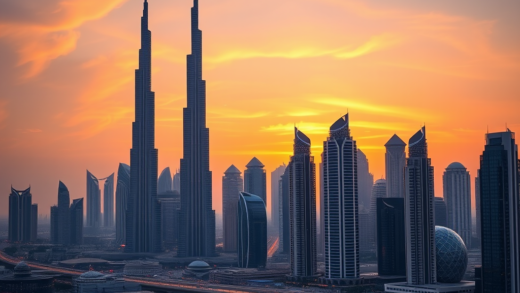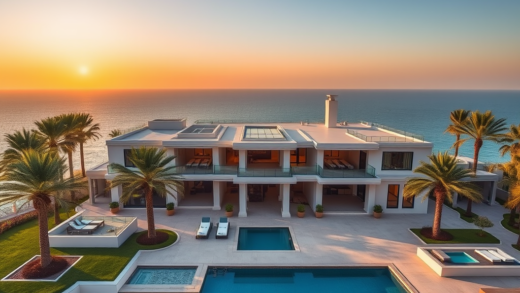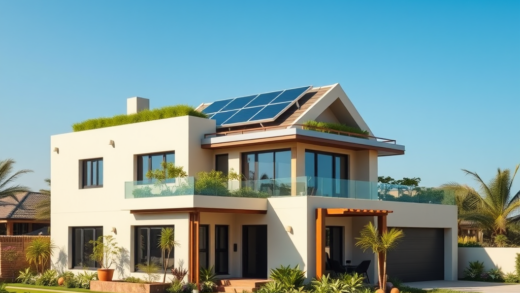Dubai’s rapid infrastructure developments have a profound impact on the real estate market, driving demand, shaping property values, and attracting foreign investment. As the city continues to invest in transportation, utilities, and leisure facilities, its real estate landscape is transforming significantly. The strategic alignment of infrastructure projects with economic growth plans enhances the attractiveness of the emirate, creating a vibrant environment for both residential and commercial real estate. This article explores the dynamics of these developments and their implications for Dubai’s real estate market.
The Role of Transportation Networks
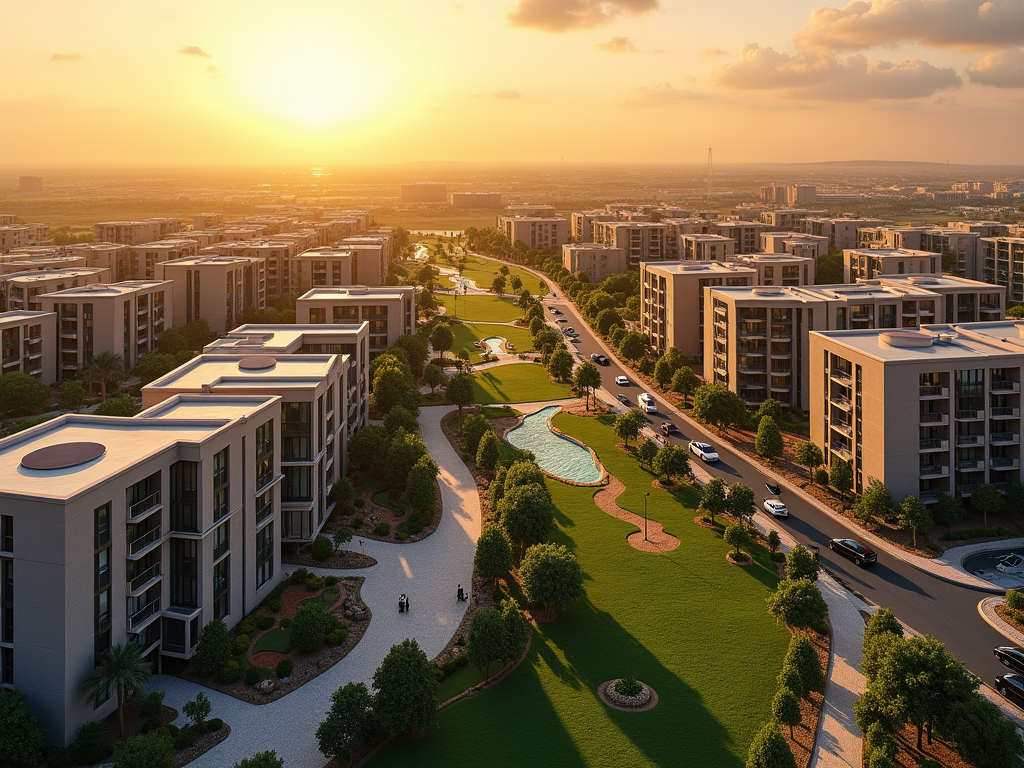
Transportation infrastructure in Dubai is a cornerstone of its urban development strategy, acting as a primary driver for real estate growth. With expansive projects such as the Dubai Metro and a comprehensive road network, commuting within the city has become more efficient. The enhancements in public transport infrastructure are particularly influential on property values, as they increase accessibility, which is highly desirable among homebuyers and investors alike. As a result, areas near transit hubs often see a spike in demand, translating to higher rental yields and property prices. The key components of transportation networks that affect real estate include:
- Expansion of the Dubai Metro system
- Development of major highways and arterial roads
- Improvement of airport facilities
- Investment in maritime transport
- Introduction of smart traffic management systems
Impact on Commercial Real Estate
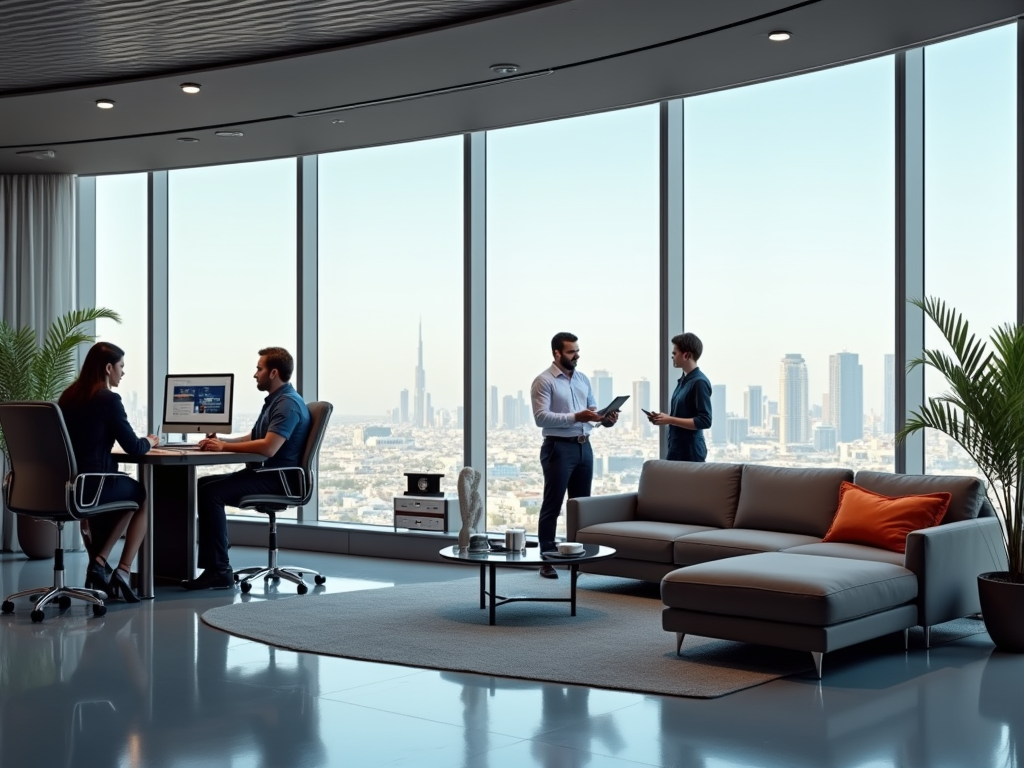
The infrastructure developments in Dubai are not only affecting residential properties but also significantly transforming the commercial real estate sector. As businesses seek strategically located offices and retail space, areas that benefit from enhanced infrastructure attract more commercial investments. The ongoing development of business districts, such as Dubai Silicon Oasis and Dubai Internet City, showcases how infrastructure enhancements create hubs for innovation and entrepreneurship. Furthermore, improved logistics and connectivity lead to higher customer footfalls for retail businesses, ultimately boosting sales and profitability. Factors influencing commercial real estate include:
- Proximity to major highways and public transport
- Availability of modern office spaces and amenities
- Access to a skilled workforce
- Supportive regulatory environment for businesses
With infrastructure expanding, Dubai is catering to an evolving lifestyle and demographic changes, significantly affecting its residential real estate landscape. Developers are under pressure to create mixed-use developments that offer amenities and services within proximity. This trend is evident in areas like Dubai Marina and Downtown Dubai, where residential developments are coupled with leisure, retail, and dining options. Enhanced infrastructure encourages a community-centric lifestyle, appealing to families and young professionals. Additionally, the rise of smart city initiatives, integrating technology into infrastructure, is pushing the boundaries of luxury living in Dubai. Some lifestyle changes driven by infrastructure include:
- Greater emphasis on community living
- Increased demand for sustainable and eco-friendly homes
- Focus on luxury amenities and smart home technology
- Enhanced recreational spaces and parks
Foreign Investment and Economic Growth
Infrastructure developments substantially boost foreign investment, making Dubai an attractive destination for investors globally. Improved transportation networks, state-of-the-art facilities, and progressive policies create a favorable environment for business, which in turn attracts expatriates and investors to the real estate market. The growth of Free Zones, supported by infrastructure enhancements, facilitates overseas investments and entrepreneurship. With rising foreign interest, property prices trend upward, creating a robust market for both commercial and residential developments. The effects of infrastructure on foreign investment include:
- Increased investor confidence
- Diverse investment opportunities in various sectors
- Streamlined processes for business setup
- Attractive regulatory frameworks
Итог
The effects of Dubai’s infrastructure developments on the real estate market are multifaceted and significant. The city’s strategic focus on enhancing transportation, commercial spaces, and residential living environments has led to unprecedented growth in property values and investments. As infrastructure improves, it not only enhances the quality of life for residents but also stimulates economic activity and attracts international capital. With ongoing projects and visionary plans for the future, Dubai is well-positioned to maintain its status as a global real estate powerhouse.
Часто задаваемые вопросы
1. How does transportation infrastructure affect real estate prices in Dubai?
Improved transportation infrastructure increases accessibility to various areas, leading to higher demand for properties located near transit hubs, which consequently raises property prices.
2. What types of commercial developments are thriving in Dubai due to infrastructure improvements?
Business districts, tech parks, and retail spaces are thriving, fueled by improved logistics and connectivity from ongoing infrastructure projects.
3. Are there any sustainability initiatives related to Dubai’s infrastructure developments?
Yes, many infrastructure projects emphasize sustainability, such as eco-friendly buildings and green spaces designed to enhance quality of life and promote environmental conservation.
4. What impact does foreign investment have on Dubai’s real estate market?
Foreign investment significantly drives property prices and market growth by introducing capital, improving investment diversity, and fostering economic development.
5. How is smart technology integrated into Dubai’s infrastructure and real estate developments?
Smart technology is being integrated through initiatives such as smart traffic management, intelligent energy systems, and advanced building automation, which enhance convenience and efficiency for residents and businesses.
